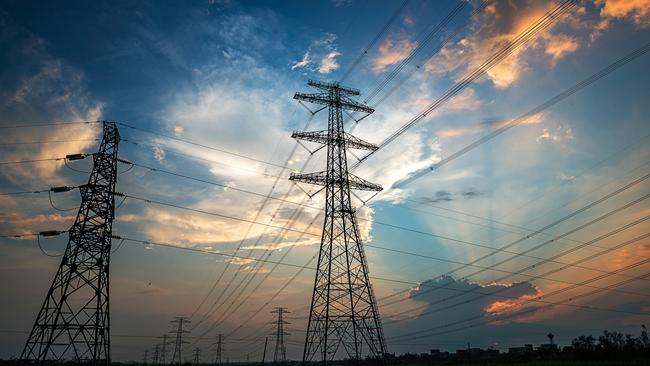PM unveils ‘game changer’ for reliable power
PM says his energy plan ensures Australia can meet its Paris commitments as well as ensuring affordability and reliability.

Malcolm Turnbull has unveiled his new national energy guarantee, hailing it as a “game changer”, which will ensure Australians have affordable, reliable power.
Flanked by a panel of energy experts and Energy Minister Josh Frydenberg, Mr Turnbull said COAG’s Energy Security Board had estimated the guarantee would save households an average of $110-$115 a year over the 2020-2030 period.
He said the plan would ensure Australia could meet its Paris Agreement commitments to cut emissions as well as ensuring affordability and reliability.
“This is a recommendation from the Energy Security Board established by COAG and, as you can see, composed of the real experts in this field, in the national energy market and its operation,” the Prime Minister said.
“It creates a level playing field for the first time. No more industry policy, no more picking winners, no more favouring one technology over another, but simply ensuring that we have a reliable energy system, that we keep the lights on, that we do so in a way that is affordable and, of course, we meet those international commitments,” Mr Turnbull said.
Mr Frydenberg said the guarantee was a “credible, pro-market policy” that would deliver lower electricity prices.
“It means no subsidies, no taxes, no trading systems,” he said.
“It builds on the work, the excellent work of the Chief Scientist Alan Finkel.
“We accepted 49 out of the 50 recommendations, and obviously, this is a response to his 50th, which was the Clean Energy Target.
“And it provides us with a mechanism to deal with the Paris commitments and commitments into the future.”
Australian Energy Market Commission chair John Pearce said the government had asked the AMC to do a detailed analysis to firm up the$110-$115 a year figure.
“The price numbers you’re referring to are based off, if you like, analysis and modelling of the market and the alternative schemes that we’ve looked at in the past,” Mr Pearce said.
“It is an average over the ten years. The more detailed work will give a profile.”
Mr Turnbull said renewables could stand on their own feet without subsidies.
“This is one of the important things to recognise and it’s widely acknowledged and, indeed, claimed by the wind and solar industry that they are now competitive with new builds of thermal power, so there is no need for a subsidy,” he said.
“In other words, they can compete on a level playing field.”
Mr Frydenberg said the government’s best advice was that the renewable energy target was “95 per cent done”.



To join the conversation, please log in. Don't have an account? Register
Join the conversation, you are commenting as Logout